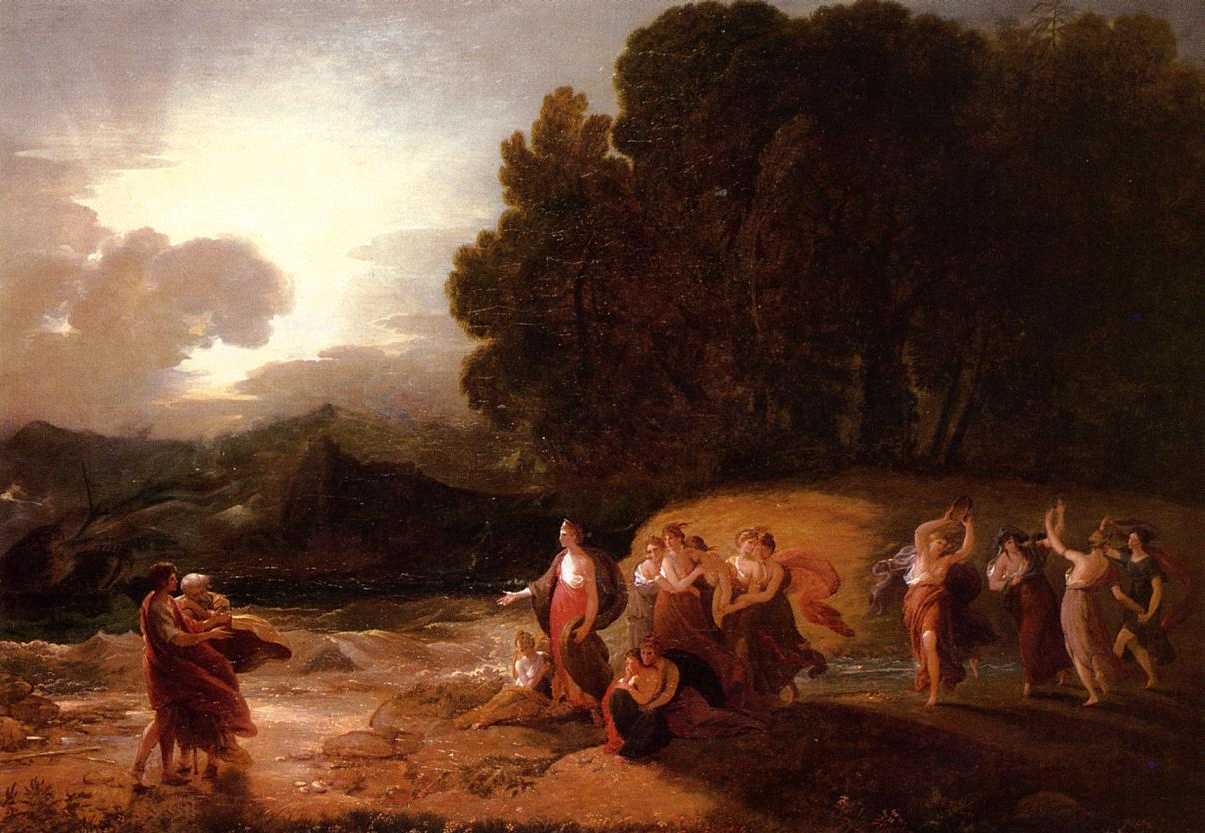
How do we establish a mentoring relationship? What do we do when we identify a knowledge or performance gap in a colleague? This is a sensitive issue. Pointing to a gap is more likely to lead to a productive process when mutual trust is a pre-existing condition. When we mentor a colleague, we rely on our relationships as peers and our shared values. We deploy a range of context-specific approaches.








